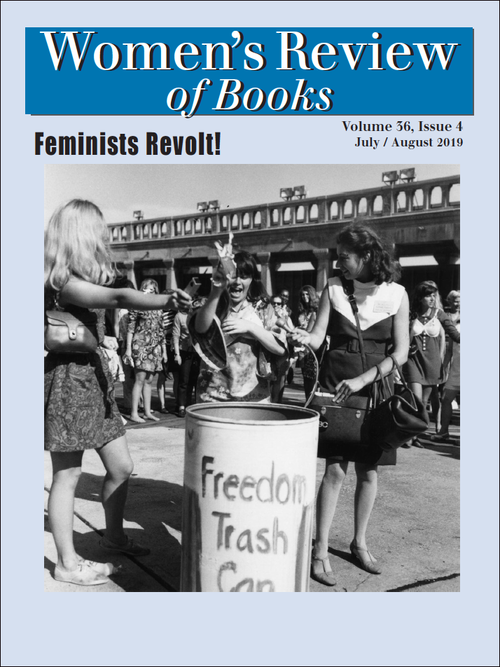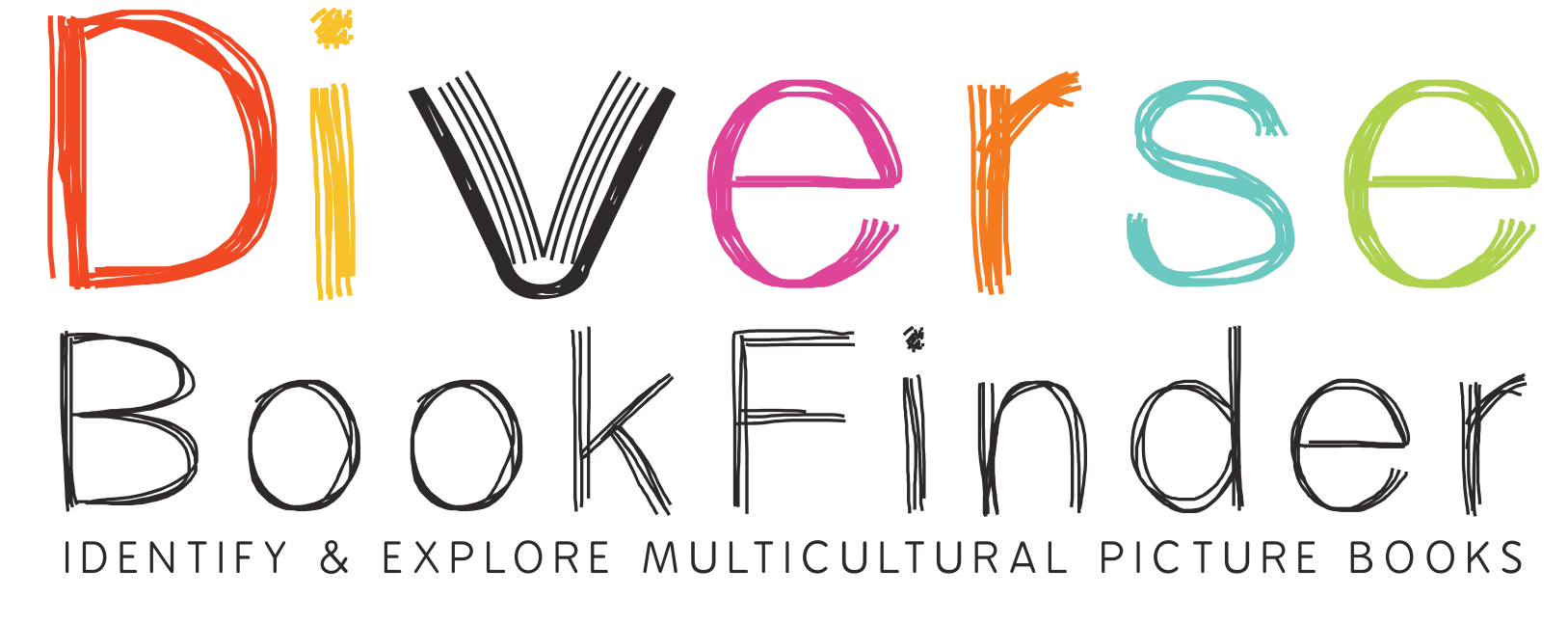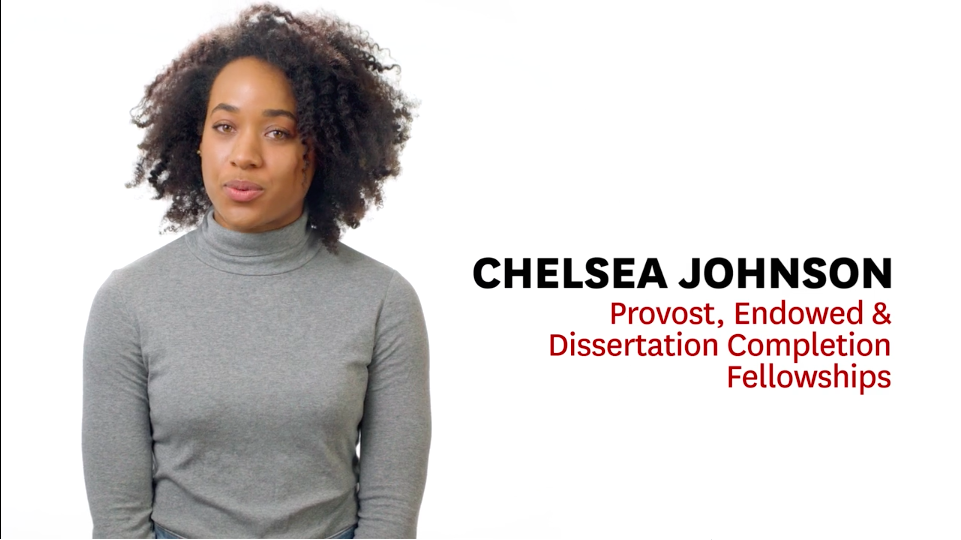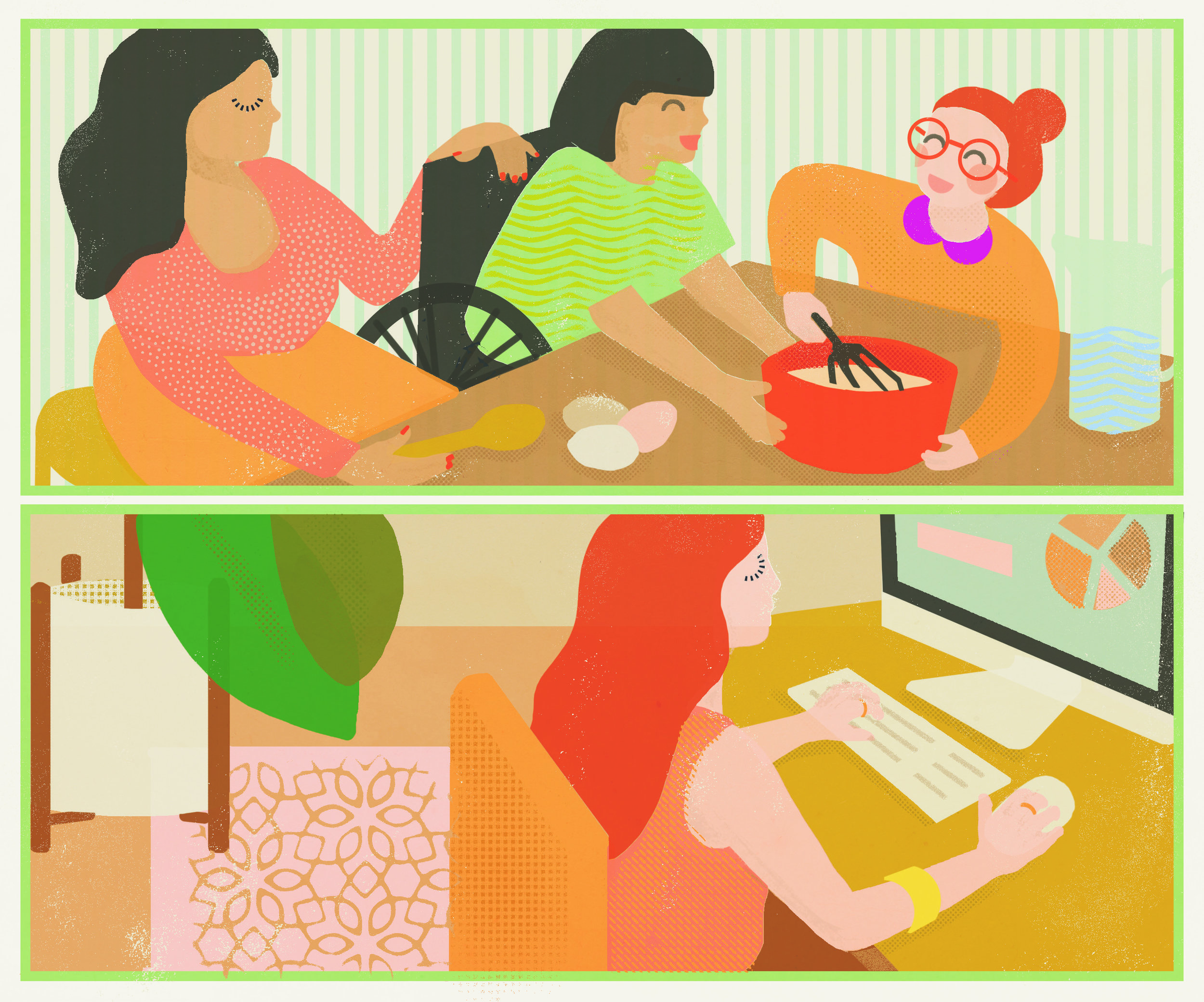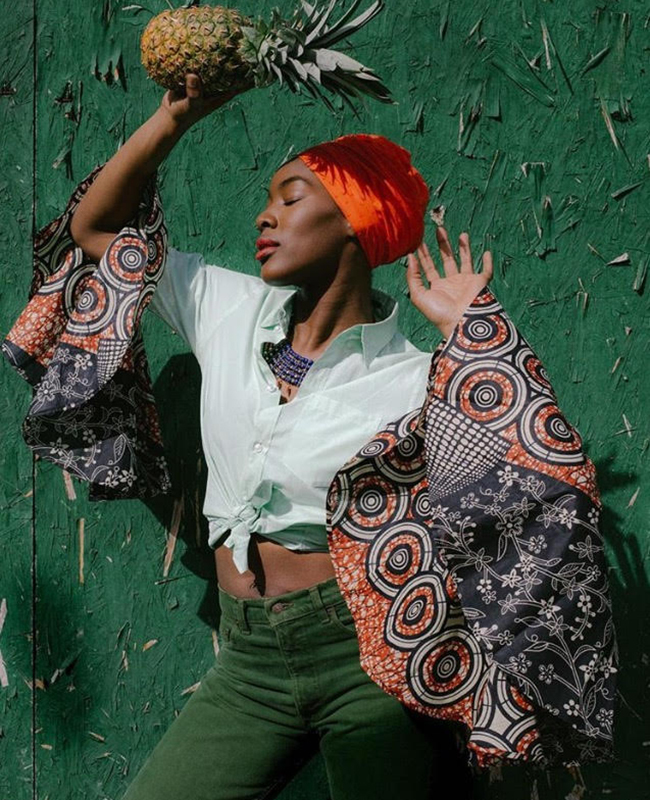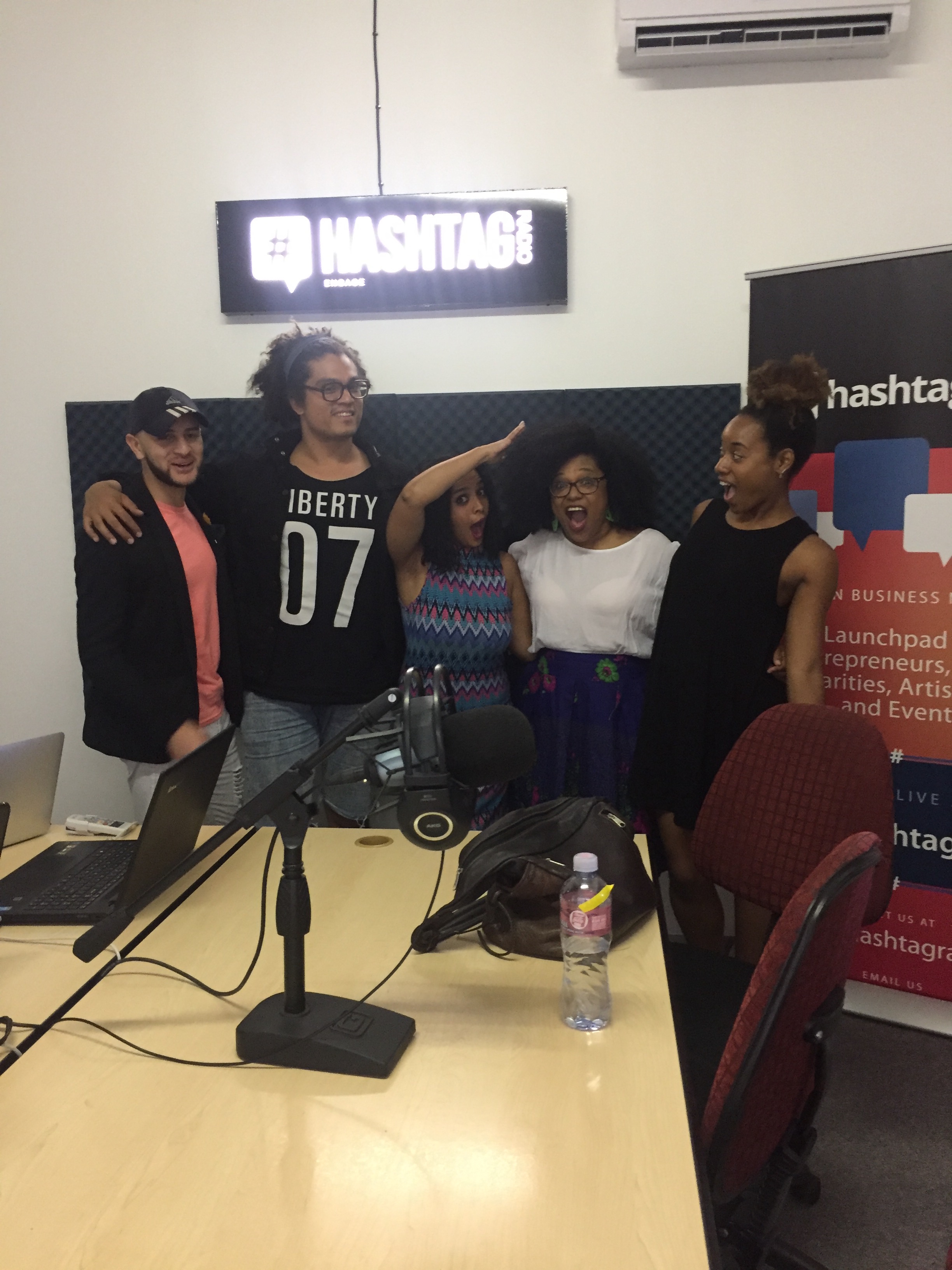Public Sociology Features
Too often, academic work begins and ends in the "Ivory Tower." As a Black feminist scholar, I strongly believe in contributing to broadly accessible conversations about career advancement, wellness, and politics. I enjoy collaborating with other academics, writers, content creators, and organizations to better integrate my research and theorizing with everyday life. Check out some of my recent public sociology projects and features on this page.
forget carbon footprint…what’s your equity footprint?
I had a great conversation about how I ended up in User Experience Research, and how sociology contributes to my thinking about workplace equity with Erin Braddock Guthrie. If you're interested in diversity and allyship at work, don't stop here! Erin is putting out an entire series of conversations about how we can do better, together.
National Children’s Museum STEAM Daydream Podcast
In support of the National Children’s Museum’s mission to inspire children to care about and change the world, their July 2020 STEAM Daydream podcast explores the “A” in STEAM and discuss art as a form of activism. I talk about how we can use our voices to fight racism and injustice. Head to Spotify or anywhere that you listen to your podcasts to learn more about how you can use your passion to take action. Be sure to subscribe, review, and share with your friends!
Defending Intersectionality… Or Not
Intersectionality is perhaps the most popularly embraced, discussed, and debated concept to emerge from black feminist thought. Like many ideas with broad explanatory power, intersectionality has inspired, expanded, traveled, and morphed. Many generations after intersectional thinking appears in women of color activism, and three decades after the term was coined in Kimberlé Crenshaw’s legal work, intersectionality has become a research method, an academic discipline, a call for representation, a diversity and inclusion initiative, a benchmark for feminist organizing—and it has become a target of virulent critique.
Two recent books, Black Feminism Reimagined: After Intersectionality by Jennifer Nash and Undermining Intersectionality: The Perils of Powerblind Feminism by Barbara Tomlinson, grapple with the forces talking about intersectionality. I review both for the Women’s Review of Books.
Eco Feminsim is Intersectional Feminism
How can we work together while being mindful of our different vulnerabilities and access to power? How can we honor the perspectives of the communities most affected by environmental issues? How might we include the Earth in our understanding of allyship?
Intersectional feminism can help us answer these questions. In fact, IntersectionAllies demonstrates what answers might look like in a concrete way.
Boosting Intellectual Wellness with Collective Curiosity
In an essay for Welstand Boutique, a wellness brand for women of color, I discuss the power of collective curiosity as an individual wellness practice and as a political act. There’s a common misconception that intellectual wellness is a personal endeavor, or that intelligence is an individual achievement. But if there’s one thing life has taught me so far, it’s that wisdom is built through our interactions with others.
Children’s Book Tackling Tough Issues
NPR’s Lee Gaines interviewed me about the process and thinking behind my co-authored children’s book, IntersectionAllies: We Make Room For All, for the 2020 Rev. Dr. Martin Luther King Jr. Day episode of The 21st.
Many of us probably remember a favorite children’s book from when we were younger, the characters in those stories and maybe some of the lessons we learned in those books still stick with us today. Odds are, though, the book you’re thinking of probably didn’t tackle intersectionality.
THE FIRST CHILDREN’s BOOK ABOUT INTERSECTIONALITY
In 2017, Carolyn Choi, LaToya Council and I formed CLC Collective, LLC, an organization dedicated to creating feminist public sociology. We believe in using our collective expertise in race, immigration, and gender studies to inspire change in our communities. I serve as CLC’s Chief Creative Officer, leading content creation.
Dottir Press published our first children's book about intersectionality, IntersectionAllies:We Make Room For All, illustrated by the talented Ashley Seil Smith and with forewords by Dr. Kimberlé Crenshaw and Dr. Ange-Marie Hancock Alfaro. We will be documenting our book tour journey in the coming months. Follow us on Instagram @intersectionallies.
Illinois State university speaker series- Blackness expressions and children’s literature talks
I will speak at Illinois State University about my studies into the meanings and politics of Blackness and the influence on children’s literature during two talks on January 23. Part of the Children’s Studies Minor Speaker Series, the events are free and open to the public.
Making Sociology Public: Teaching Allyship to Children- ASA’s Asian Mode Newsletter
In this piece for the Asia and Asian American Section of the American Sociological Association, co-authors Carolyn Choi, LaToya Council and I discuss the initial wonder around IntersectionAllies in the academy. As the only children’s book of its kind, many didn’t know what sort of reception the book would receive. Colleagues skeptically asked us, “how do you expect children to understand this difficult material?” Our hopes were validated as soon as we stepped foot into elementary classrooms. The success of IntersectionAllies should be taken as encouragement for other academics to cross the gates of the Ivory Tower and make sociology public.
KCRW ‘Press Play’ Interview on the crown act
In July 2019, Governor Gavin Newsom signed the CROWN Act, which stands for “creating a respectful and open workplace for natural hair.” It prevents employers and schools from enforcing grooming policies that would disproportionately affect people of color. KCRW’s Michell Eloy interviewed me on what this means for Californian workers.
defending intersectionality…or not- A Double book review on two opposing positions
Intersectionality is perhaps the most popularly embraced, discussed, and debated concept to emerge from black feminist thought. Like many ideas with broad explanatory power, intersectionality has inspired, expanded, traveled, and morphed. Intersectionality has become a research method, an academic discipline, a call for representation, a diversity and inclusion initiative, a benchmark for feminist organizing—and it has become a target of virulent critique. Two recent books, Black Feminism Reimagined: After Intersectionality by Jennifer Nash and Undermining Intersectionality: The Perils of Powerblind Feminism by Barbara Tomlinson, grapple with the forces talking about intersectionality. I review both for the July/August 2019 issue of Women’s Review of Books.
California Just Became the First State to Ban Discrimination Against Natural Hair
I was interviewed for Pamila Avila’s article for LA Magazine on the historic passage of California’s CROWN ACT, which will “ensure protection against discrimination in the workplace and schools based on hairstyles by prohibiting employers and schools from enforcing purportedly ‘race neutral’ grooming policies that disproportionately impact persons of color.” Read my take on how this will affect not just California, but the world.
IntersectionAllies x Diverse Bookfinder
In an interview for Diverse Bookfinder, Carolyn Choi, LaToya Council and I discuss the thought process behind our new children’s book, IntersectionAllies: We Make Room for All. Creating IntersectionAllies taught us how to be better feminists. For us to envision the radically inclusive and affirming world we depict in the book, we had to revisit intersectionality’s originating Black feminist texts and explore transnational feminism, indigenous feminism, queer feminism, and third world feminism more deeply. During the revision stage, we also sought out feedback from every community represented in the book. The process of ensuring that each character rings true—from what they say to what they wear—helped us see beyond our personal experiences and expanded our perspectives.
Open Pages, Open Minds x TIME Magazine
TIME featured my forthcoming children’s book, IntersectionAllies: We Make Room For All in their round up of children’s and young adult books that are opening minds by celebrating diversity. My coauthors and I are proud to be featured along such groundbreaking company. Be sure to pick up your June 17, 2019 issue while it’s on newsstands!
USC graduate student spotlight
The three fellowships I received from The Graduate School at USC allowed me dedicate three full years to dissertation fieldwork. I interviewed Africana women in the Netherlands, Spain, France, Brazil, and South Africa about their reflections on beauty and social movements. This allowed me to trace how products, practices, and politics travel across what scholar Paul Gilroy calls the Black Atlantic. In this video, I share what I’ve learned along the way, and the implications of my research for sociological theory, activism, and wellness. Check it out!
The Daily Trojan- “students author intersectional feminist children’s book”
USC’s Daily Trojan featured a story about CLC Collective’s children’s book IntersectionAllies: We Make Room For All on the front page of the newspaper for International Women’s Day. Daily Trojan reporter Briana Grubb interviewed my co-authors Carolyn Choi, LaToya Council and myself about the inspiration behind the book, and our hopes for it to transform classrooms and communities.
“The Ms. q&A: erin bried believes in girls (and feminist media)”
As a new children’s book author, I was excited to speak with Erin Bried, who is expanding the feminist media landscape—in demographic and in format. After working for almost 18 years as a writer and editor for women’s magazines including Glamour, Women’s Health and Fitness and Self, Bried decided to it was time to start her own publication: Kazoo Magazine, which caters to girls ages five to 10. I spoke with Bried for Ms. about the radical potential of feminist media for children, her inspiration for starting Kazoo and how she puts feminist theory into practice on its pages.
USC Graduate Career Services
About four years into my Ph.D., I realized that academia just wasn’t for me. The problem was, all of my mentors and advisors were academics! I found the support and inspiration I needed at USC’s Career Center, where I worked as a Ph.D. intern during the 2017-2017 academic year. I used my time planning the 7th Annual Beyond the Ph.D. Career Conference to research the many (but often hidden) creative, entrepreneurial, and non-traditional pathways that social science Ph.D. holders have taken. Through that internship, I met the woman who would introduce me to my children’s book publisher, and discovered the UX internship at LinkedIn that ended up becoming my full-time job after graduation.
In this video, fellow USC graduate students and I talk about what our Career Center has to offer. If you’re a Ph.D. student wondering what the heck you can do with your advanced degree, visit your career center! It’s the easiest first step you can take. And as always, feel free to shoot me an email of you’re interested in learning more about my career journey.
“lemons out of lemonade” My review of omese’eke tinsley’s New book beyoncé in formation
It has always been unclear just how much of Beyoncé’s work is inspired by her real life and how much is expertly curated storytelling. What’s undeniable, however, is Beyoncé’s (or her team’s?) ability to create narratives and metaphors that hit home for black trans and cis women who came to slay but are still trying to break free from generational suffering caused by slavery, imperialism, and misogynoir. In our group chats, living rooms, and hair salons, black femmes used Lemonade as a starting place for collectively unpacking our trauma and articulating new black feminist politics. But there is perhaps no one more qualified to decode Lemonade’s symbolism than Omise’eke Tinsley, who has taught a course entitled “Beyoncé Feminism, Rihanna Womanism” at University of Texas-Austin for years. In her new book, Beyoncé in Formation: Remixing Black Feminism, Tinsley invites us all into her classroom. Read my review for the Women’s Review of Books here!
QUOTED IN “born this way” by ayana byrd x Essence magazine
When Ayana Byrd emailed me about my dissertation research for an article she was writing for Essence, I just about died. Not only did I learn about style from pouring over my mom’s copies of Essence magazine, but Ayana’s book Hair Story (with Lori Tharps) was THE central resource and inspiration for my dissertation. In the October 2018 issue of Essence, Ayana quotes me in her analysis of the global natural hair movement. Check out the article “Born This Way: From Amsterdam to Rio and Johannesburg to Brooklyn, a New Natural Hair Revolution is Afoot Wherever there are Kinks, Coils and Curls” by picking up your copy at a store near you!
PART I of Laid to the gods documentary on black hair
I’m a featured expert in Chekechea Pryor’s newly released documentary about black hair “Laid to the Gods.” Here, I talk about the ways in which racialized beauty standards have been institutionalized through employment and educational presentation policies and upheld by federal laws. I also discuss how black women have used beauty and their bodies to critique the status quo, and make room for themselves in movements, markets, and media representations since the antebellum period. Watch the documentary on this site or on Vimeo, and let me know what you think!
"A Look at how #Linkedinterns Make an impact"
I spent the summer of 2018 as a User Experience Research Intern at LinkedIn. I worked on the Careers Team, interviewing blue collar and service workers to help my colleagues create products with empathy. I collaborated with engineers, project managers, product marketing managers, editorial, market research, and designers—all in the effort to make sure EVERY member of the workforce has access to opportunity. I relished the opportunity to use my background in qualitative research and social equity to impact millions of members around the world. I couldn’t imagine a more supportive group of mentors, or a more transformative experience. Check out the video to learn what my fellow interns and I were up to!
Quartz at work- "tech companies are structured like wealthy socialist states"
Income inequality and homelessness in the San Francisco Bay Area is on the rise, as existing communities are displaced by large tech corporations. The difference between life in tech and life outside of tech was particularly startling to me as someone who is not only new to the region, but also new to corporate life. In this piece, I turn a sociological eye to my experience as an intern in Silicon Valley, suggesting ways that tech giants might reimagine their relationships to the communities in which they operate.
ms. magazine- "it takes a village"
Collective mothering is a valuable part of the social fabric of many communities around the world. When Carolyn Choi, LaToya Council and I decided to write a research-based feminist children’s book about intersectionality, we knew it was important to celebrate diverse family forms. As intersectional feminists, we must celebrate and recognize collective mothering as a positive choice to ensure the wellbeing and safety of all children. Happy Mother's Day to all the blood mothers, “other mothers,” and grandmothers out there!!
CRWN Instagram Takeover
Ever wanted to know what a day in the life of a Ph.D. candidate in Los Angeles is like? On April 3rd, I'll be taking over CRWN Magazine's Instagram. Meet the women who inspire me, join in as I attend academic talks at the University of Southern California, and get personal with my beauty and hair regimen. After the 3rd-- feel free to keep up with me on my personal Instagram account.
Quoted in “What hair care means to women around the world” Lauren Savini x ALlure Magazine
Allure Magazine's March 2018 issue is all about hair. I'm quoted in an article by Lauren Savini about global hair care practices, noting the relationship between natural hair movement and the Black consciousness movement in Brazil. You can pick up the issue on a newsstand near you, or read the article online by clicking the button below.
As an intern at the University of Southern California's Career Center, I coordinated the 7th Annual "Beyond the Ph.D." conference, held on March 27, 2018. This event brought together an interdisciplinary community of 300 researchers to discuss careers for doctoral and postdoctoral fellows within and beyond academia. I recruited a wide array of sociologists and gender studies scholars who are applying their training in creative and entrepreneurial ways.
One attendee responded that he appreciated "The real, down-to-earth, broadly applicable, practice advice given by panelists." When asked what was most helpful she learned at the event, another attendee replied: "The many and diverse career paths in industry, how did they do it, and hearing about work/life challenges along the way, especially for women and people of color."
Review the bios for Beyond the Ph.D. speakers below!
on advocating for your work
It can be difficult to convince people of the worth of your work, especially when your passions do not relate to dominant portrayals of the world. Based on my own experiences as a PhD student and with grant writing, I offer advice on how to make gatekeepers take notice. This piece was originally written for Jopwell, and was republished by TeenVogue Online. For an example of how to use this in your classroom, visit TheySayISay's blog.
bossiekop is beautiful
My natural hair journey began in South Africa while I was studying abroad as an undergrad at the University of Cape Town in 2010. When I returned to South Africa 6 years later to research hair politics for my dissertation, I discovered that cultural ideas about race, beauty, and power were rapidly transforming. I wrote about that full circle experience for CRWN Magazine's "Love Issue." Order the issue in print by clicking the link below. You'll find my piece on page 133.
DON't touch my hair
Journalist Thando Dlomo and I chatted about politics of natural hair in South Africa and the United States for her radio show. Dlomo's "Don't Touch My Hair" newscast episode weaves biography and history to illustrate how the personal is political. Take a listen below. (P.S. Yes, that's me and my mom in the photo, circa 1993!)
10 books by academics that will change the way you think about hair
Academics are writing deep analyses about the race, class, and gender symbolism of hair styling in society. I mined my dissertation bibliography to compile this annotated list of scholarly books on hair.
what your hair says about you, according to scholars of the body
Sociologists, anthropologists, and historians focusing on the body research a gamut of practices, like plastic surgery, violence, reproduction, sports, beauty, and fashion. Each of these topics has much to tell us about people's relationships to one another. Examining hairstyling can be especially revealing of social dynamics because hair is so malleable-- it can be cut, colored, dreadlocked, braided, covered and more. In this article, I briefly survey the main foci and arguments of the scholarly literature on hair.
the media and the beauty myth- an update
Exclusionary beauty myths are maintained by corporations that rely on women as consumers. In this article, I outline Naomi Wolf's classic beauty myth argument and explain how beauty myths affect Black women living in today's digital world.
real women share their kinky-curly hair stories
Every woman has a hair story. The online beauty and lifestyle magazine Byrdie featured mine, and I'm among great company!
history of headwraps: then there and now
As the natural hair movement gains momentum, many women choose headwraps as a fashionable protective style option. The accessory has rich cultural legacies across the African Diaspora-- we just might be fashion history in the making!
Curls around the world
Interested in what it is like to wear natural hair abroad? I wrote an ethnographic essay based on my fieldwork in South Africa for NaturallyCurly.com, the largest online resource for women with curly hair.
Crwn Magazine
CRWN Magazine is a print publication dedicated to archiving today's natural hair culture. Check out two of my articles in CRWN's inaugural issue: "My Natural, My Politics, My way" and "Black Beauty and the Economics of Liberation." Look out for a third article in their upcoming Love Issue about natural hair on the African continent.
the CONVERSATION Africa
The Conversation aims to make academic research available to mainstream audiences. Learn about trends in natural hair organizing among women across the African diaspora in this article, based primarily on my field work in Cape Town, South Africa. This piece has been republished by numerous websites and news outlets around the world.
KANDID KAIYA
Are you thinking about applying to a doctoral program? Have you always wondered what sociologists actually do? Check out my episode of Kandid Kaiya, where I discuss my journey to the Ph.D. with YouTuber Nakaiya Turk.
curltalks
What does the popularization of natural hair say about the standard of beauty today? What have curls and kinks meant for black women politically in the past? If you live in Los Angeles, come join me at CurlTalks on November 30th.









